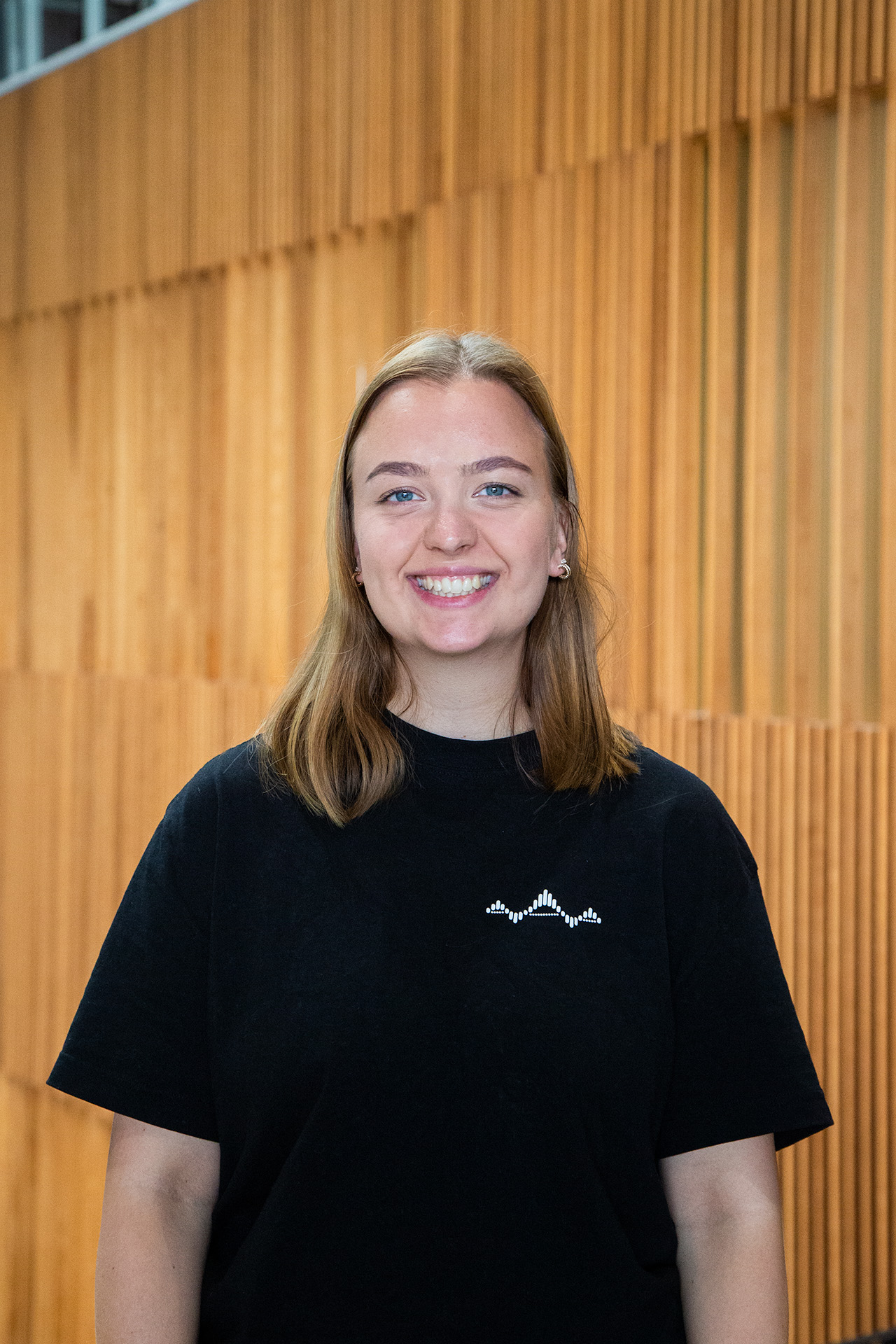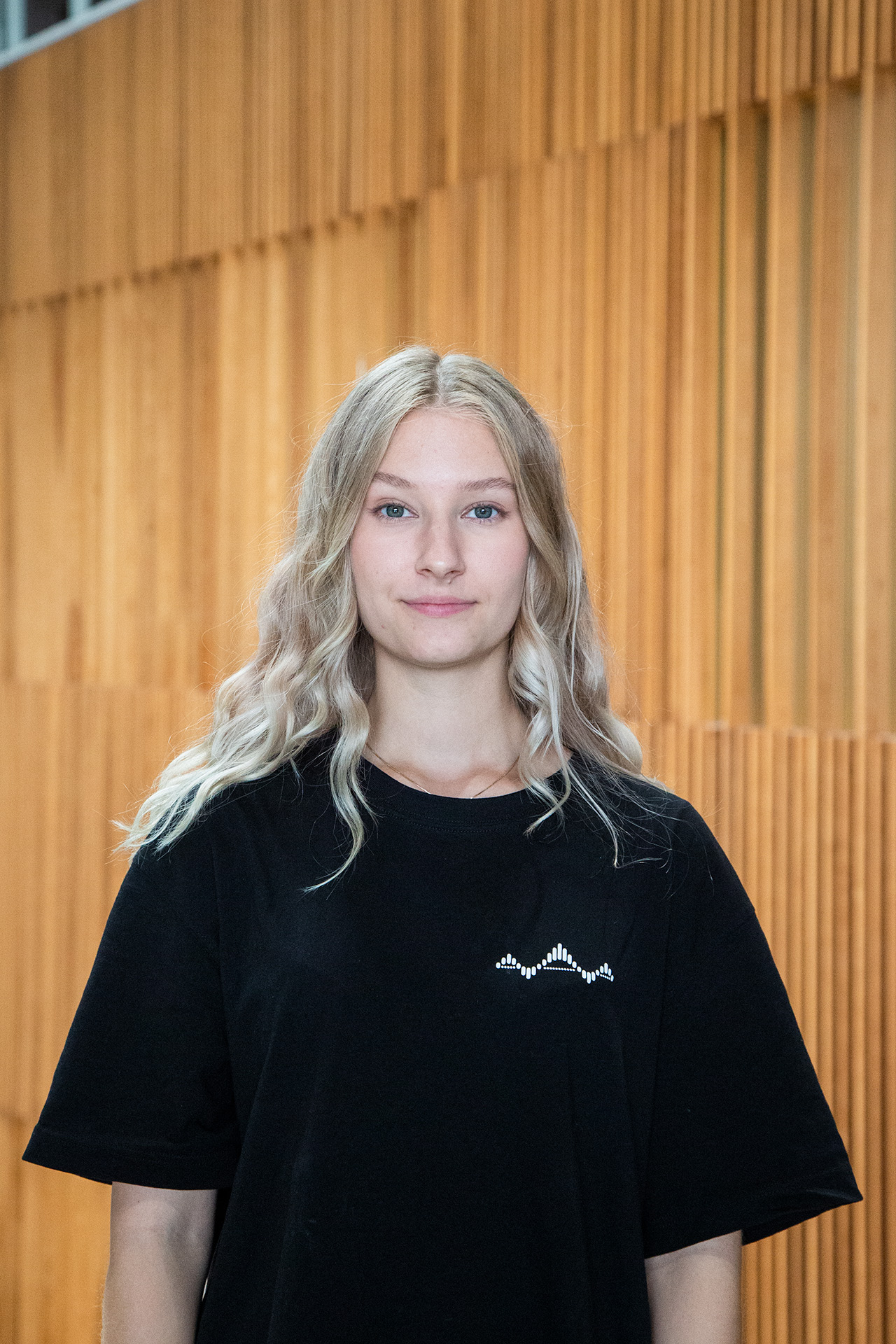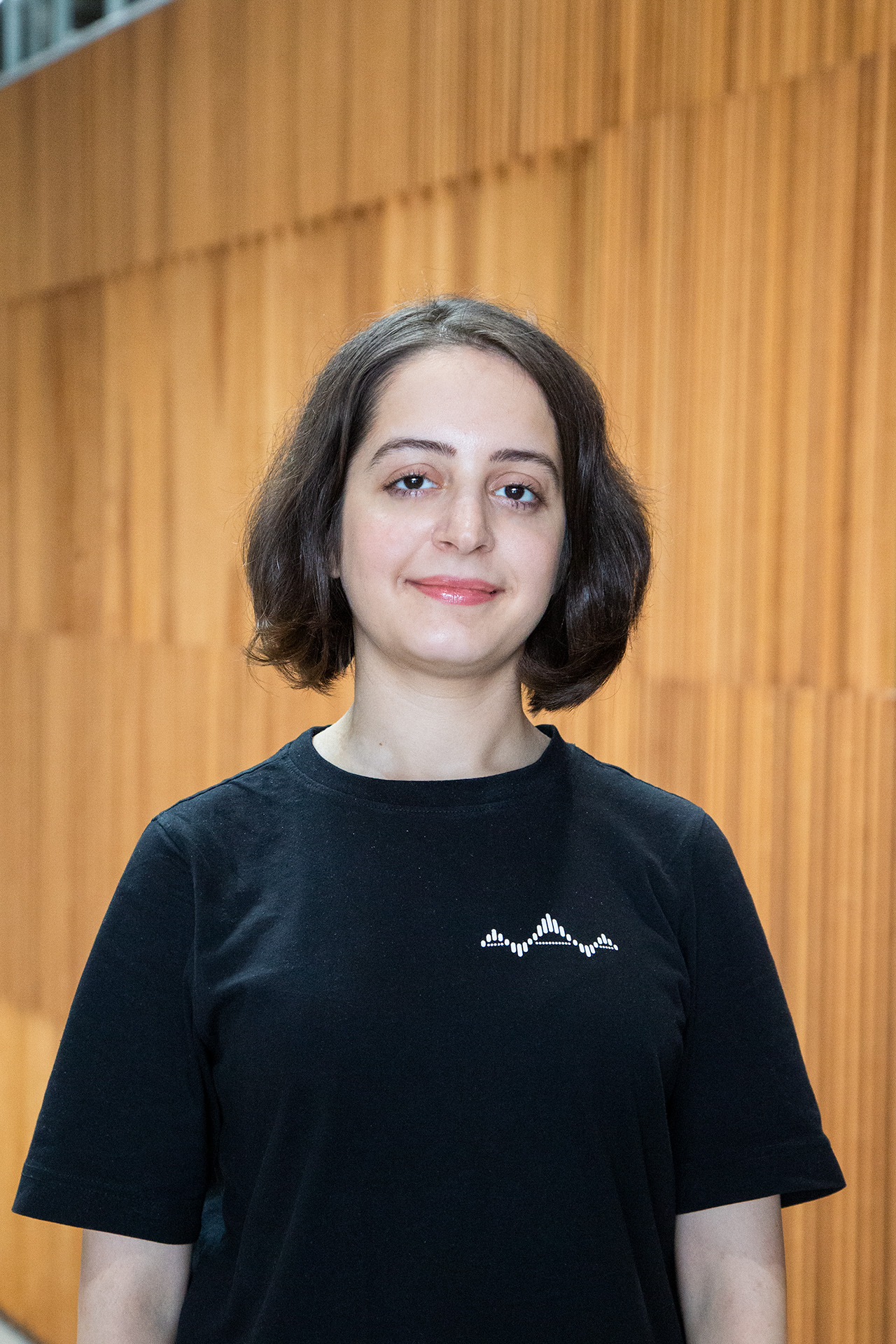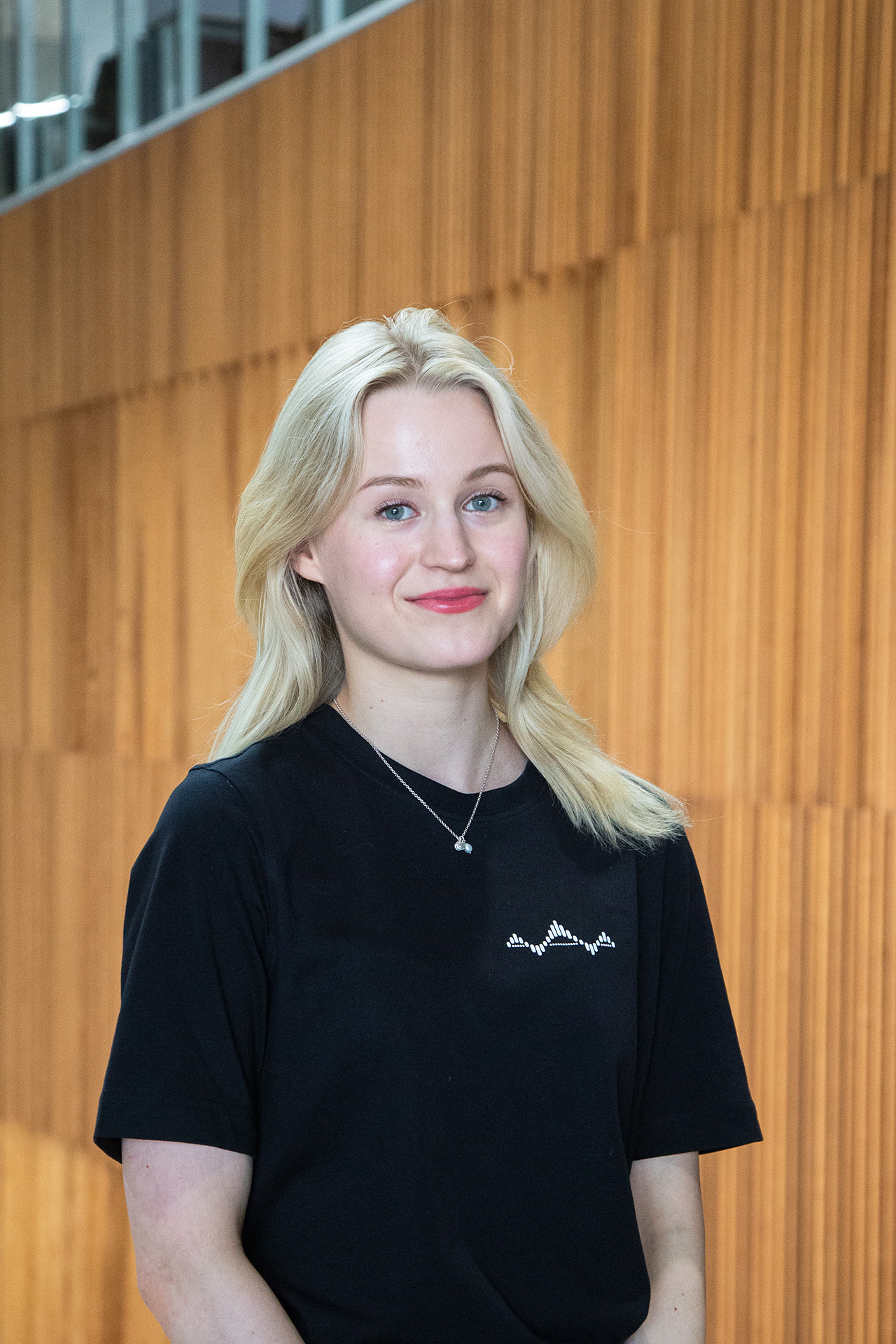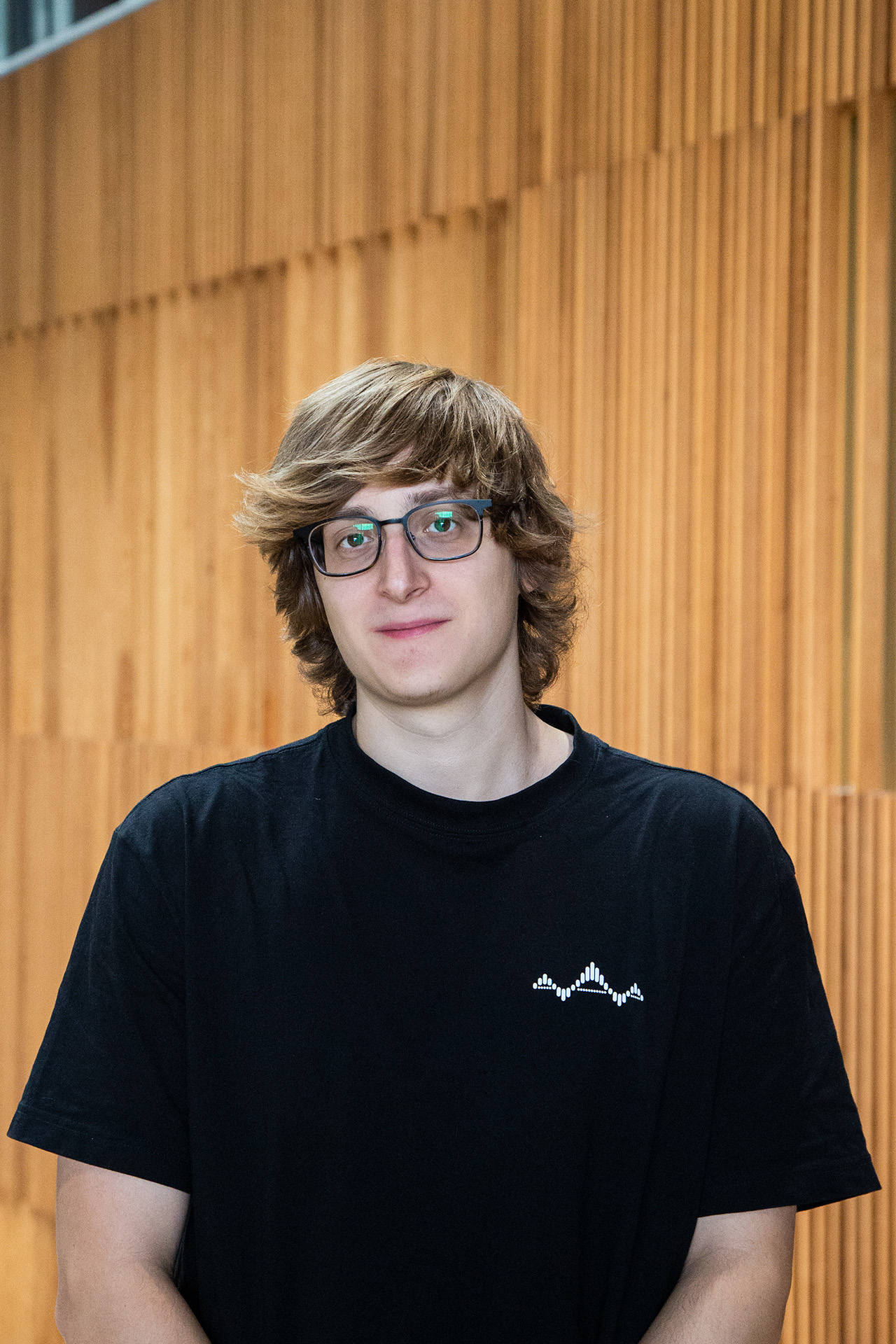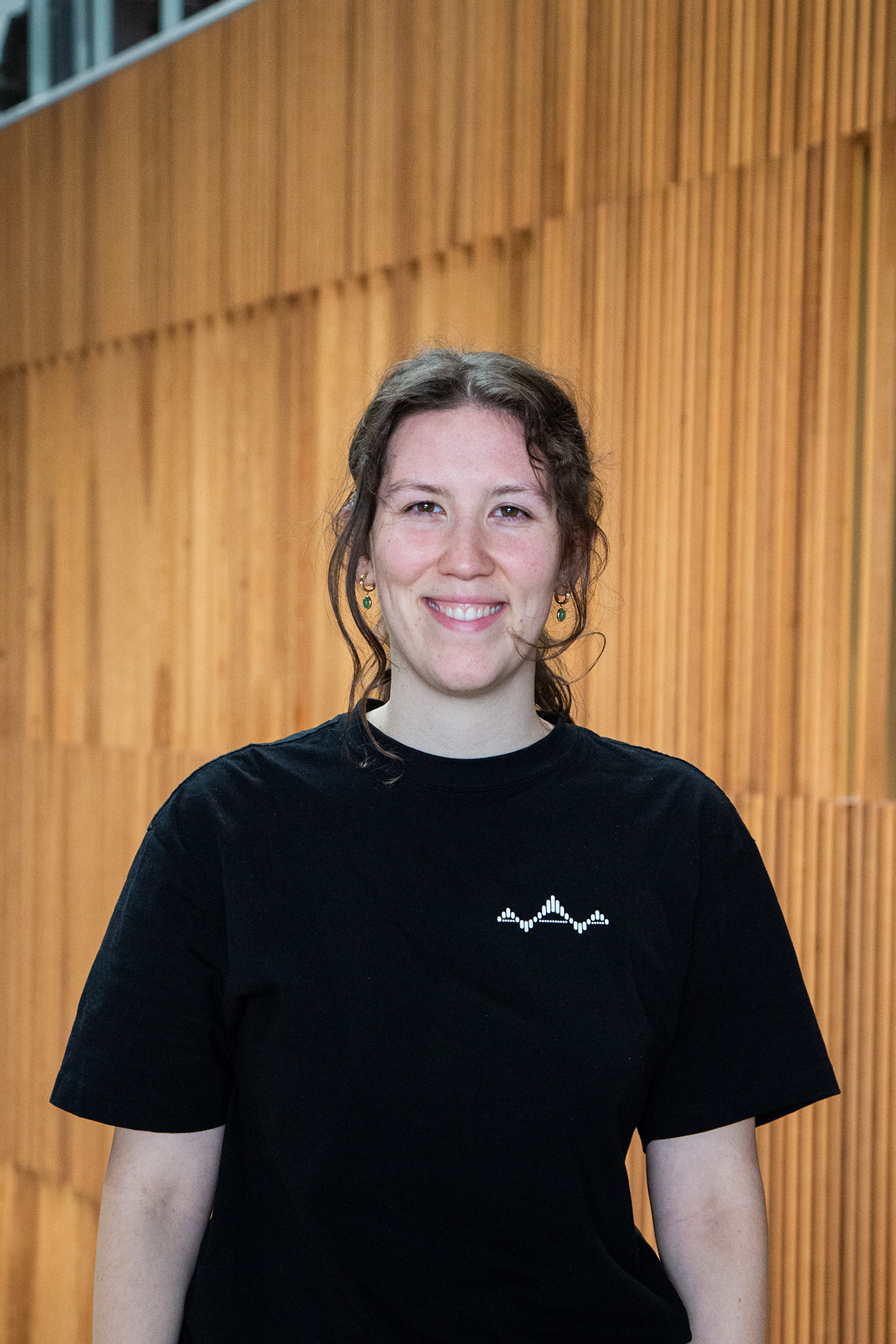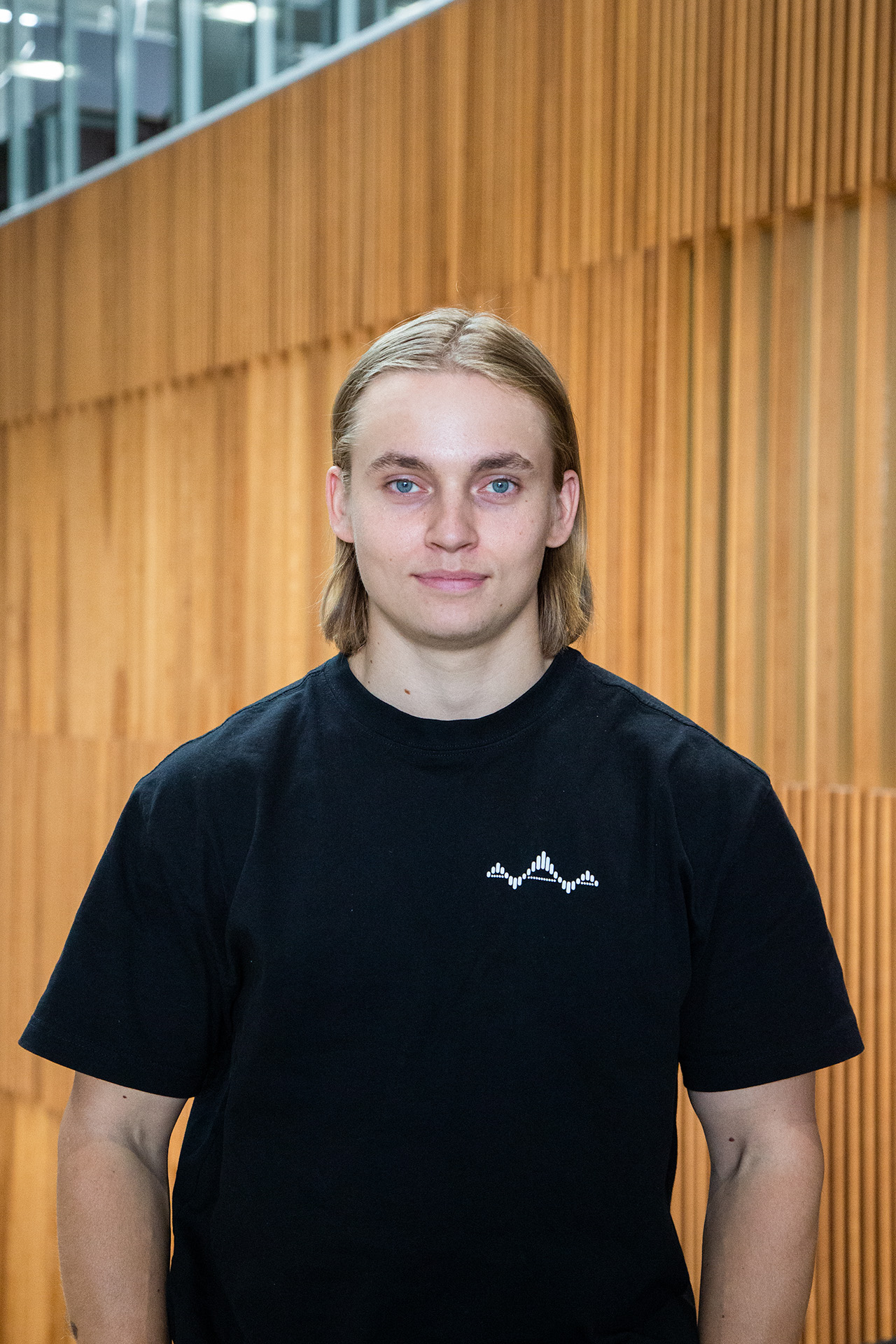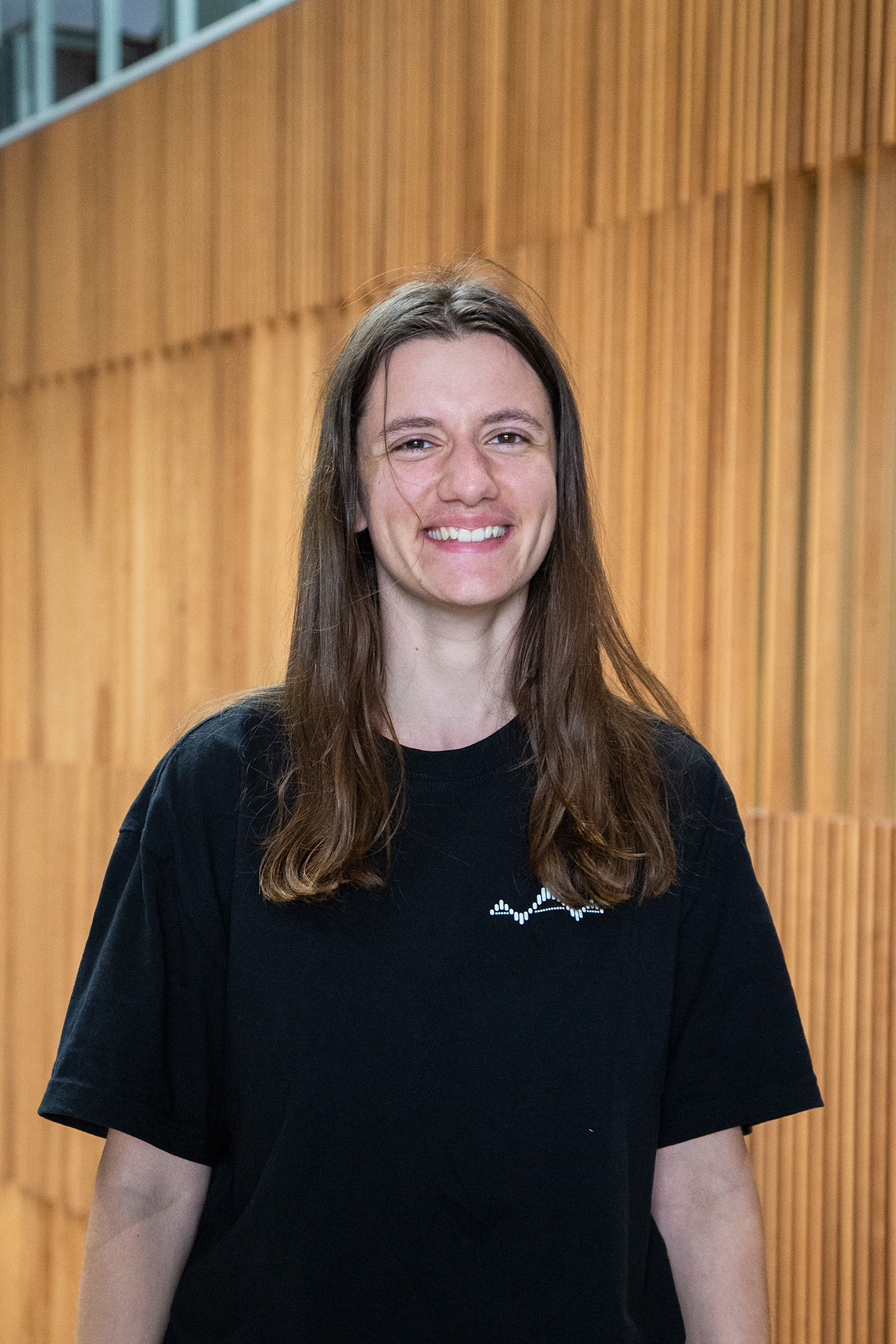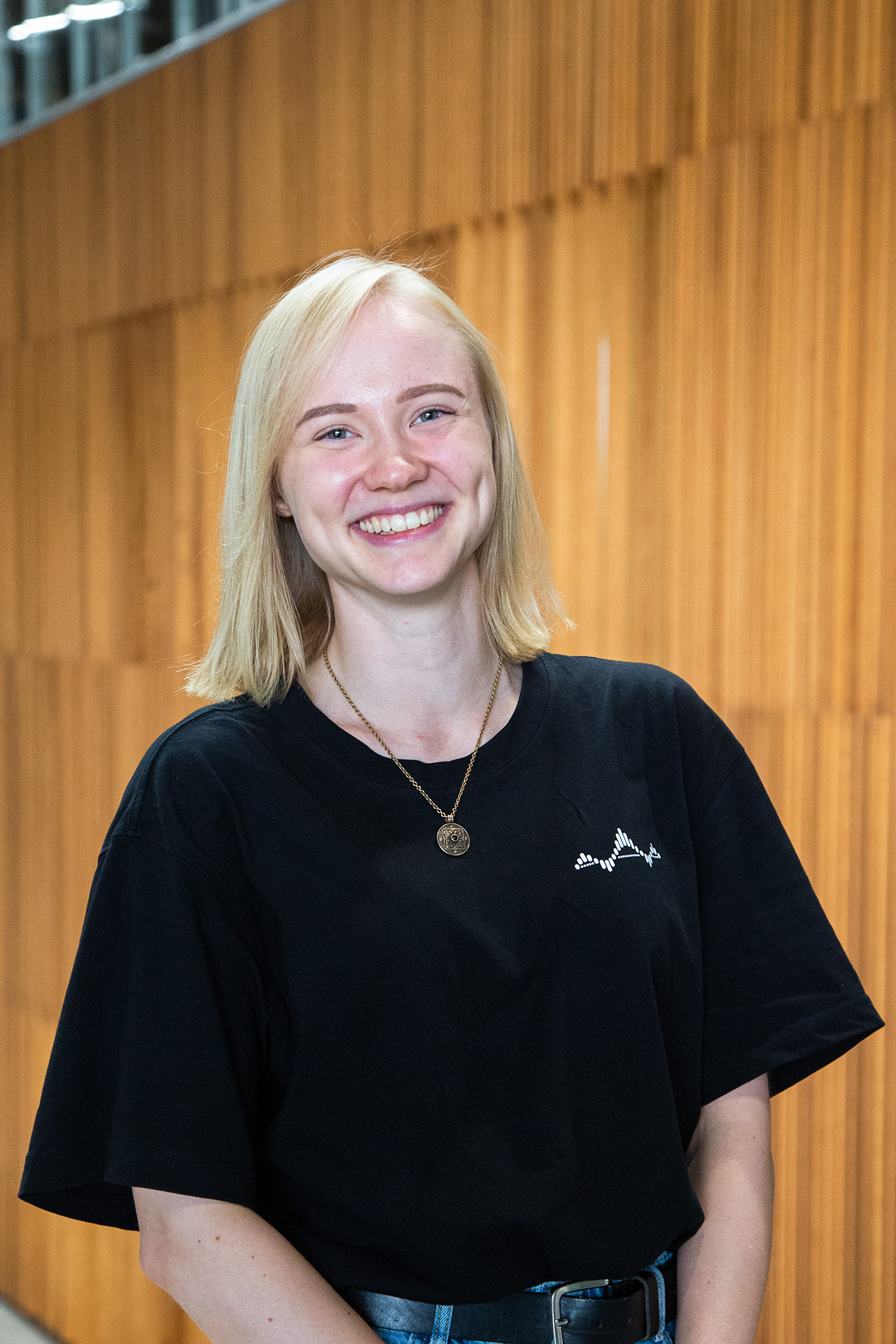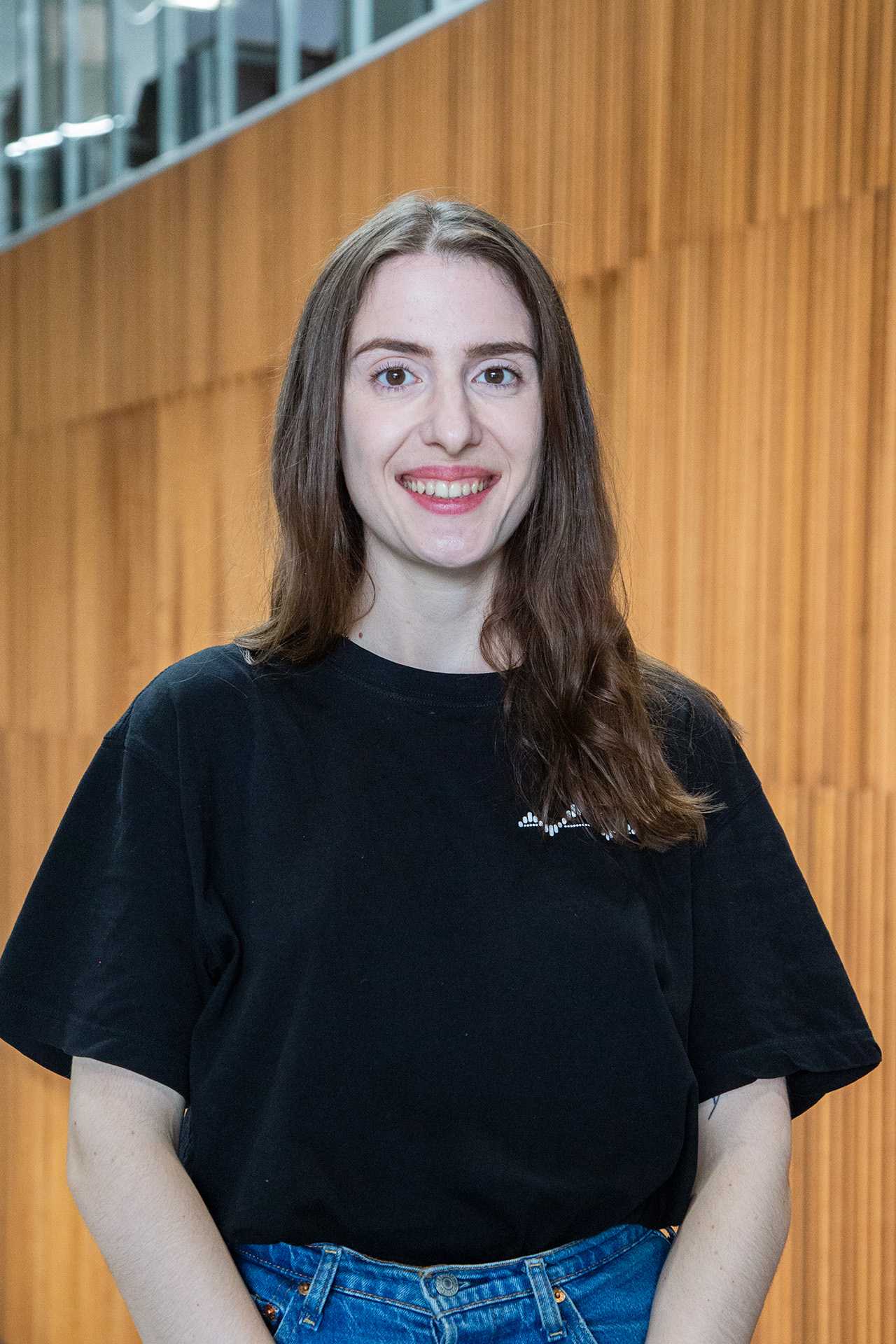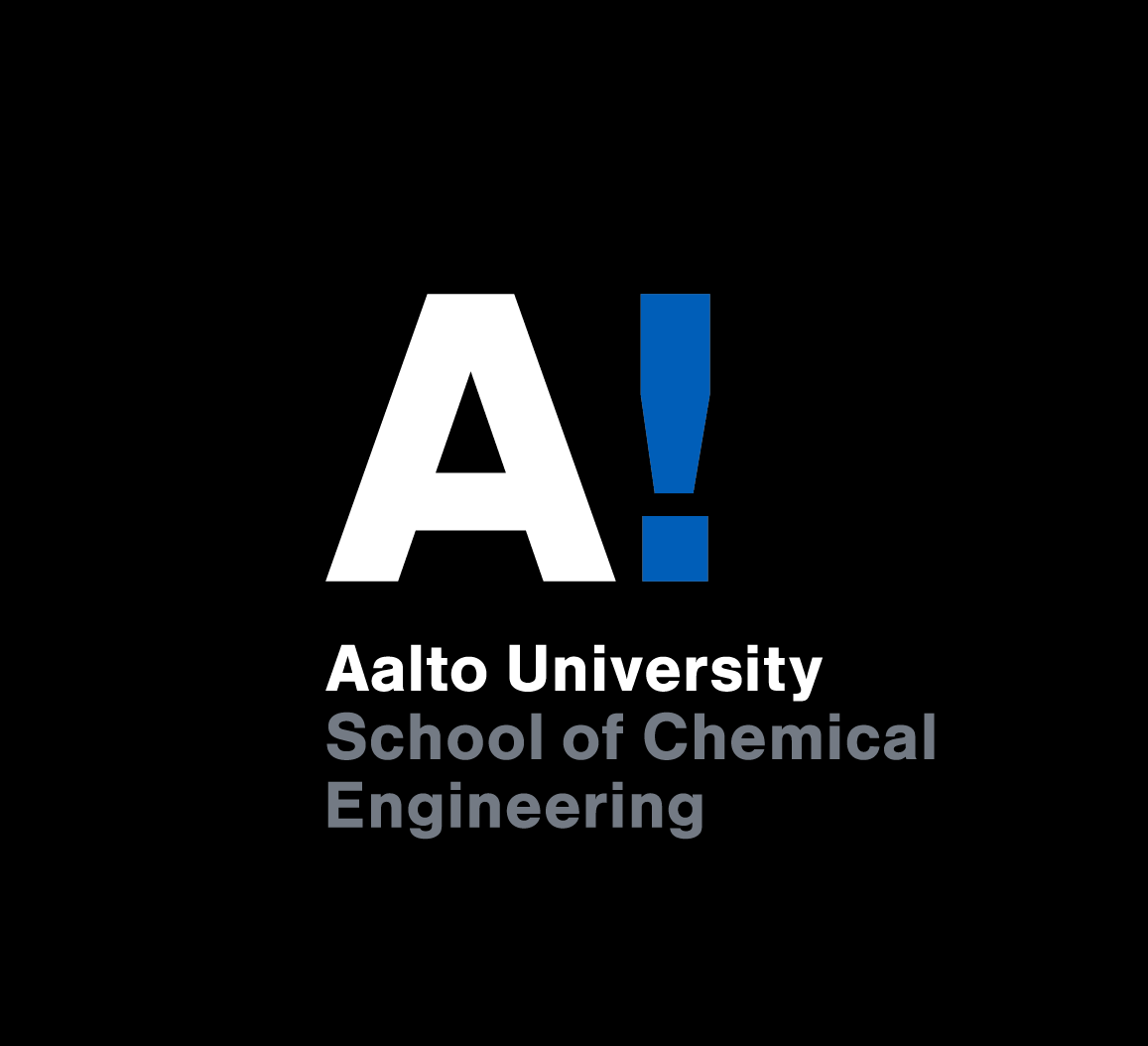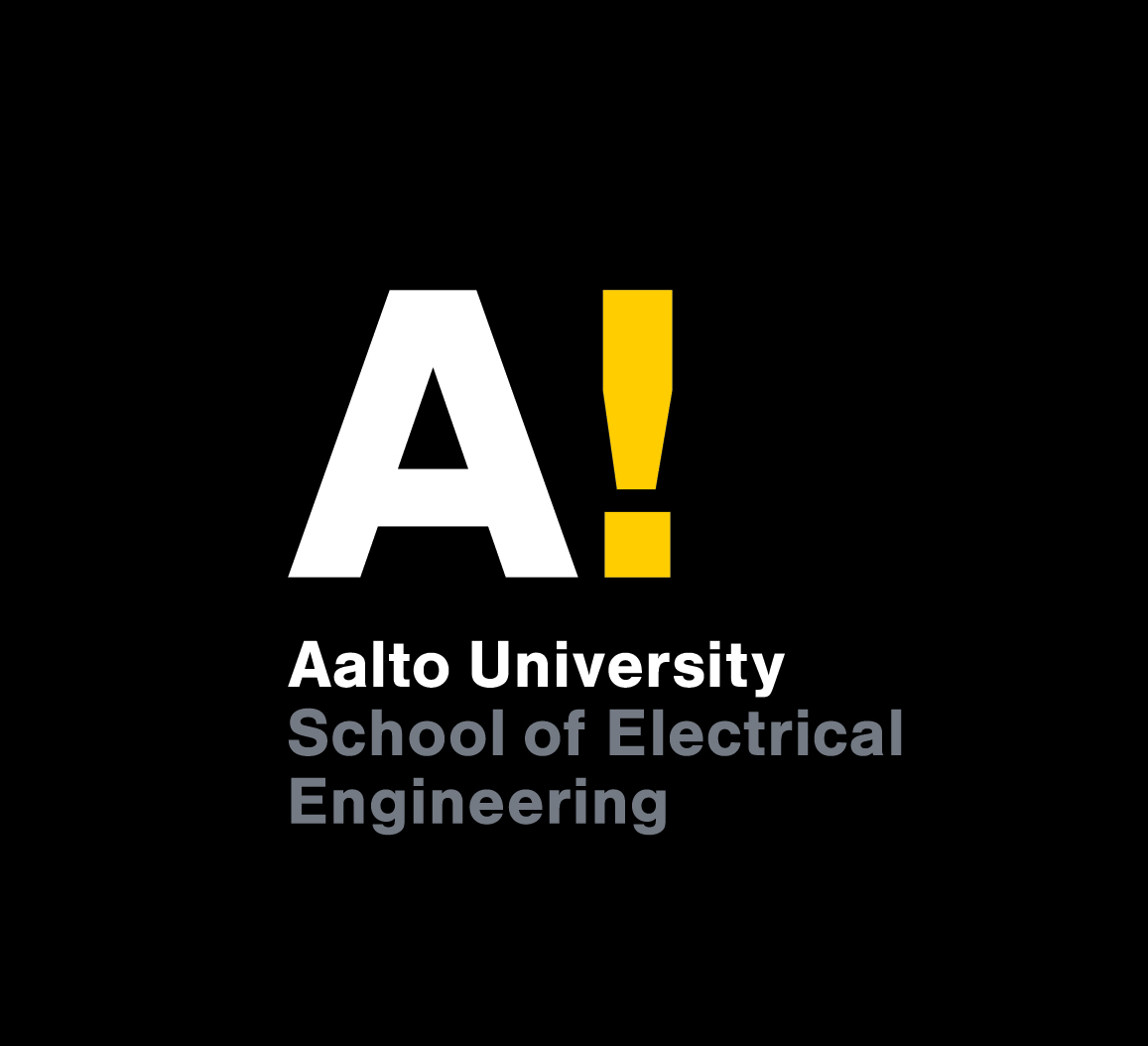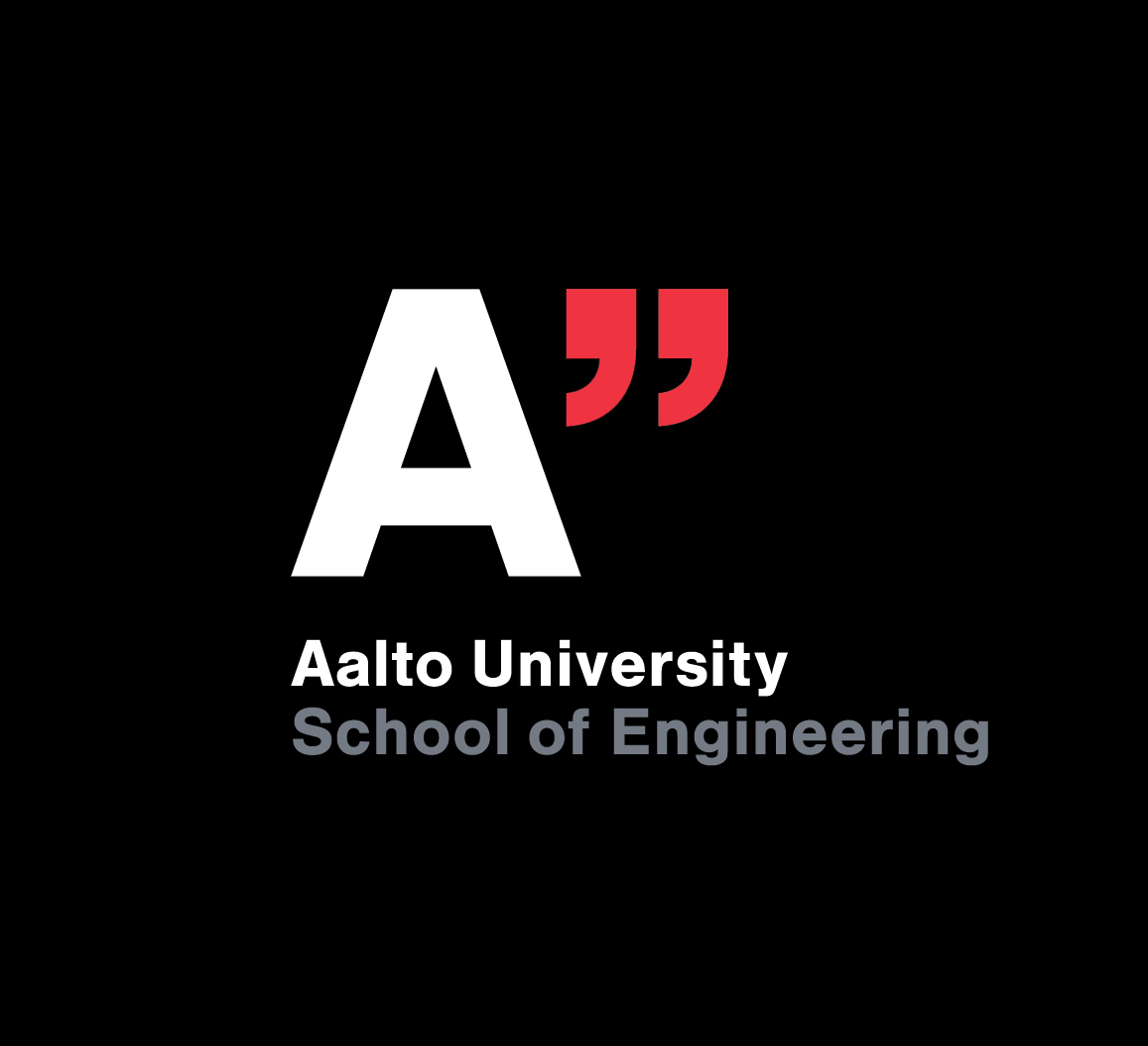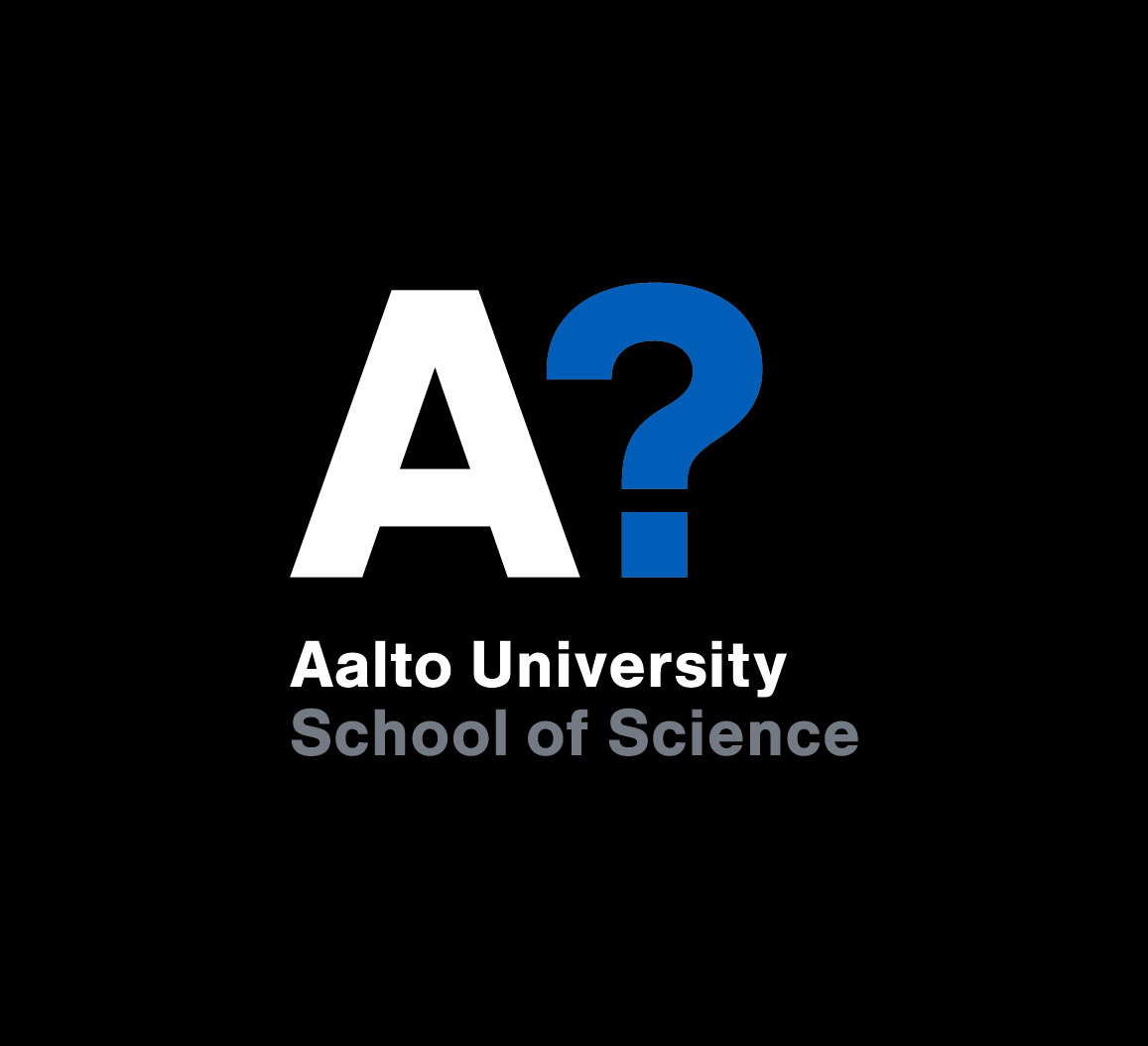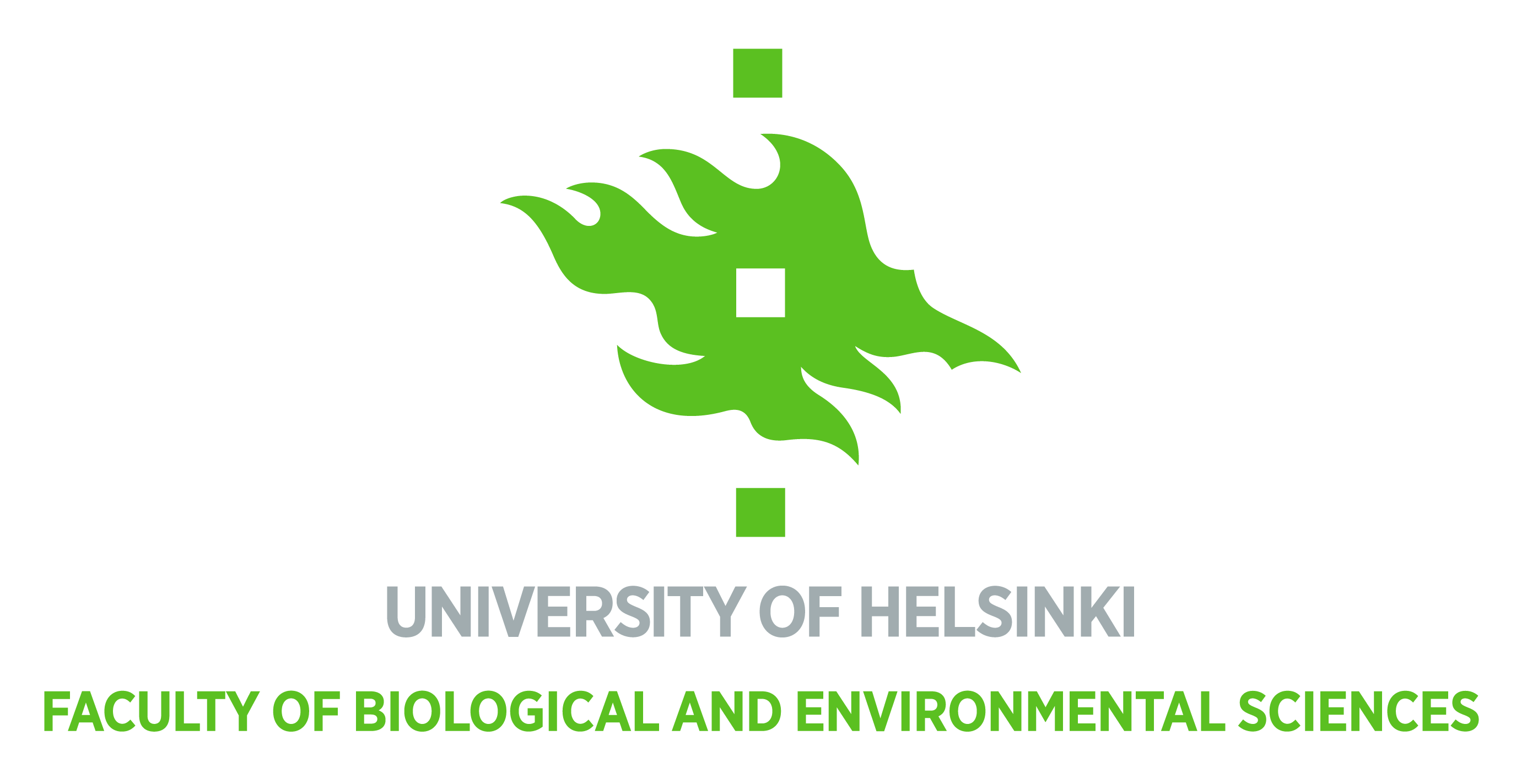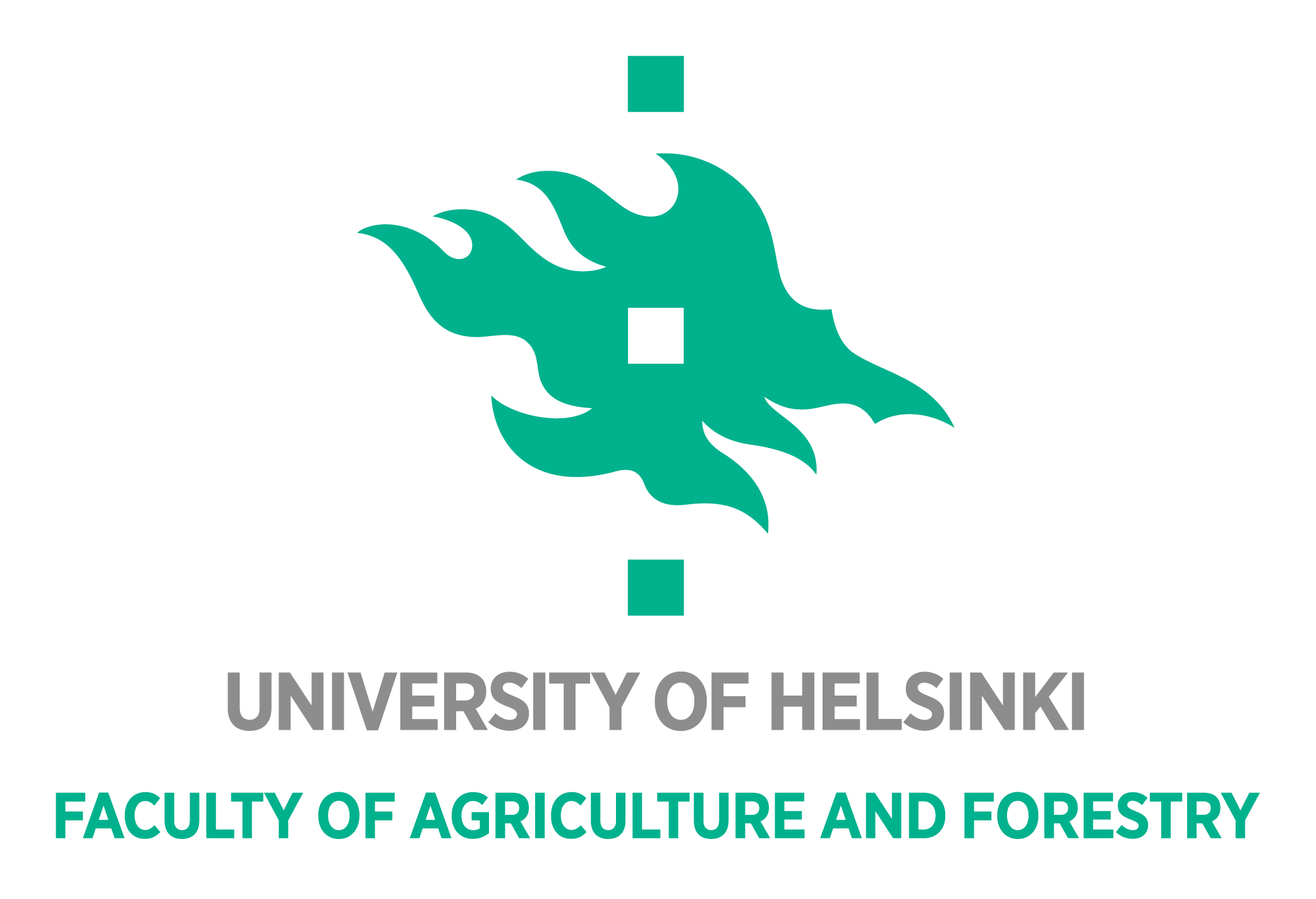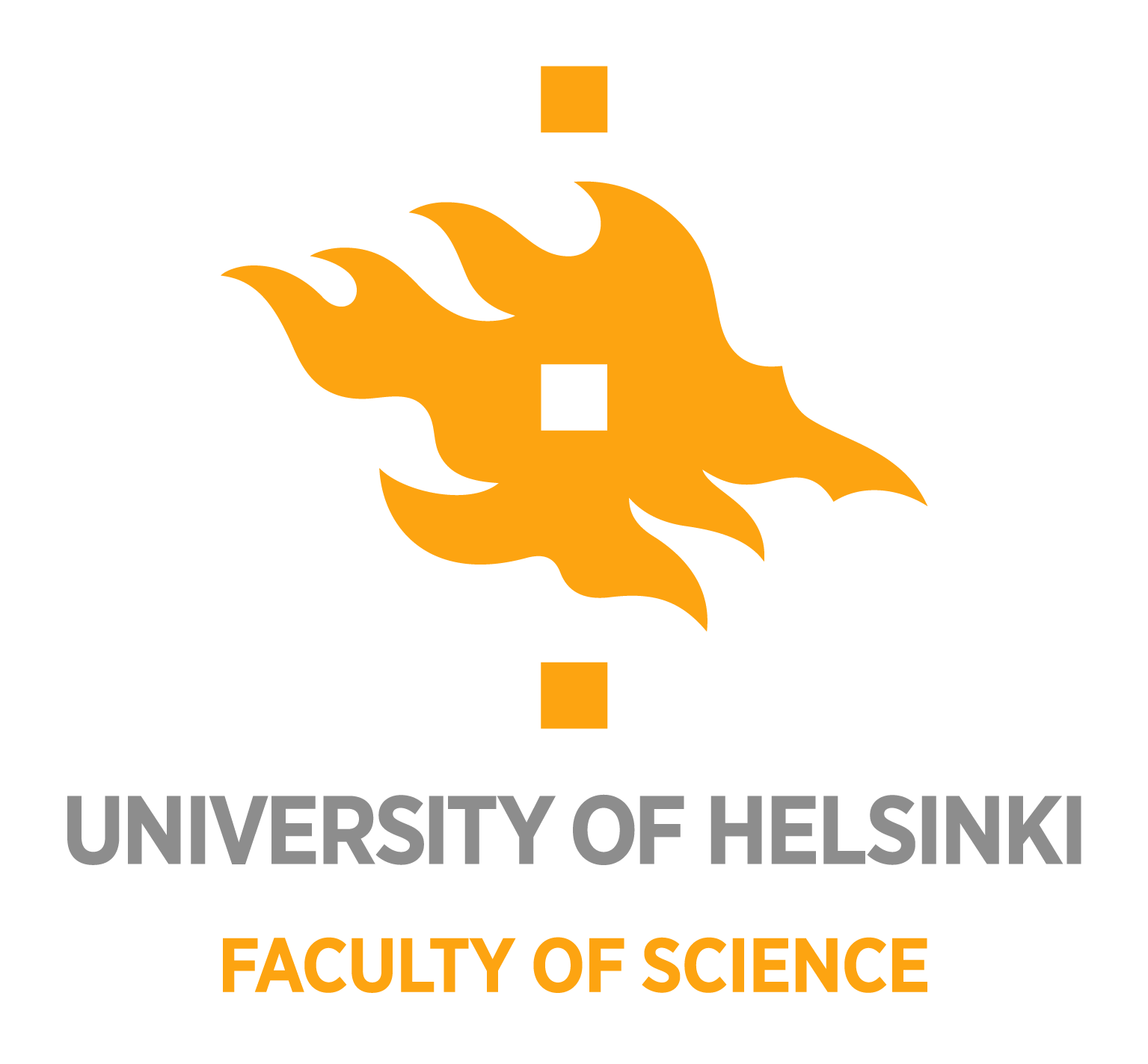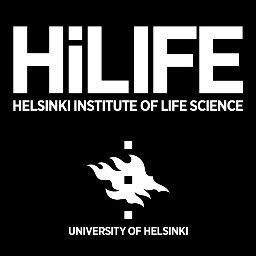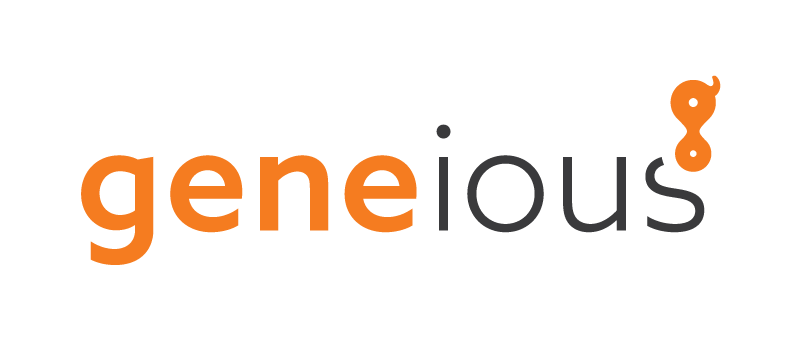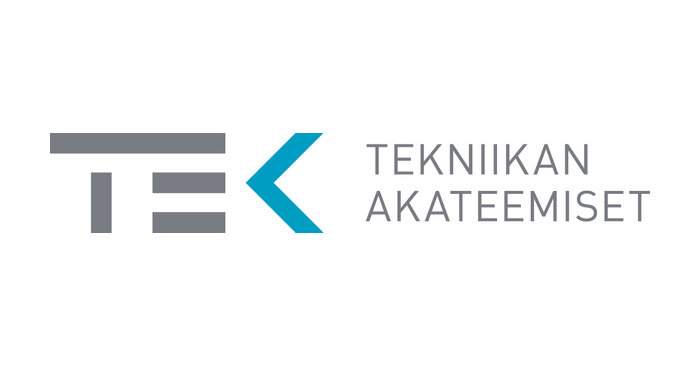Aalto-Helsinki 2022 Team
WHAT IF STUDENTS RAN THEIR OWN RESEARCH PROJECT?
The Aalto-Helsinki 2022 is a multidisciplinary and international group consisting of 10 people from both the University of Helsinki and Aalto University. We have experts from various fields of biosciences, engineering and design, and together our aim is to design and prototype a synthetic biology project and participate in the world's largest synthetic biology competition, iGEM in October.
To help us reach our goals we have additionally our advising team that consists of Principal Investigators Heli Viskari, Aalto University lecturer, Department of Bioproducts and Biosystems, and Markus Linder, Aalto University professor of Biomolecular materials. Additionally, we have supporting project advisors Dr. Ville Paavilainen, Institute of Biotechnology, and Sesilja Aranko, staff scientist at the Department of Bioproducts and Biosystems, Aalto University.
We will update about our project here on the website, but in addition to that we will also document our journey on our
Instagram,
Facebook,
Blog and Podcast .
Follow us there for more!
Our Project
Chronic wounds are found in 15 % to 25 % of diabetes patients and often lead to increased morbidity, mortality in general decreasing the quality of life, and are therefore of high public health concern.
The environment of chronic wounds is usually low in oxygen (hypoxic) and thereby causes decreased immune activity. Therefore, bacteria can easily settle there, leading to the formation of biofilms. Biofilms are structural communities of bacteria that are usually tolerant to host defences and antibiotics. This is an issue for the patient, because treatment is more difficult.
The formation of biofilms in chronic wounds of diabetes patients slows the healing even more, decreases their quality of life, and marks an additional threat to their health. We aim to slow the formation of biofilms by creating a therapeutic molecule (i.e. DARPin) that can interfere with the formation of such.
DARPin stands for designed ankyrin repeat proteins. They are genetically engineered peptides that are mimicking antibodies. We want to design them to bind to the AIP1. AIP1 is a signalling peptide between bacteria contributing to their “communication” (i.e. quorum sensing) and assembly on the wound site.
Our hypothesis is that the decreased biofilm assembly will contribute to a combination therapy with antibiotics allowing faster treatment and healing of chronic wounds that are biofilm infested.
In order to prove our idea we are building a GFP biosensor for the AIP quorum sensing system in E. coli that shall be inhibited by our DARPin that we will select for binding affinity towards AIP1 via ribosome display.
To learn more about our project, please visit our Team Wiki
